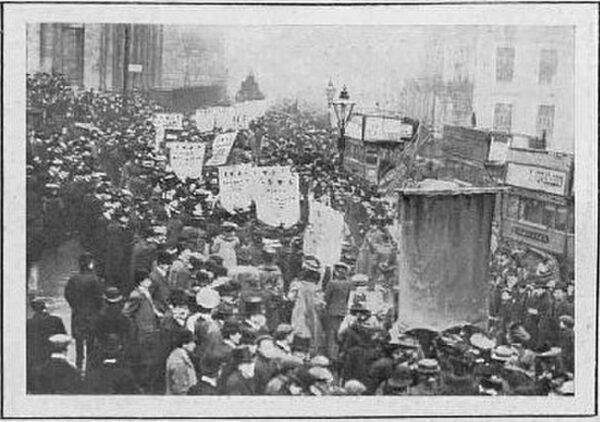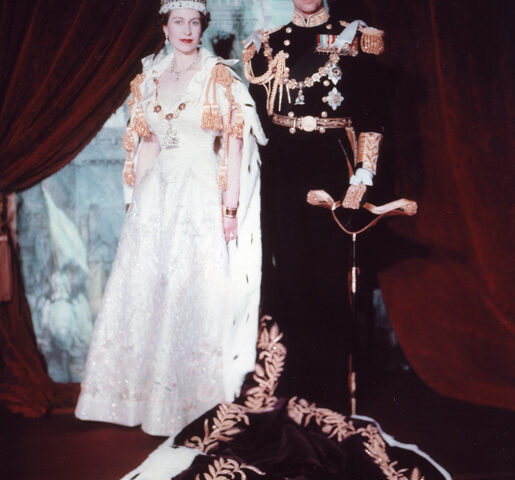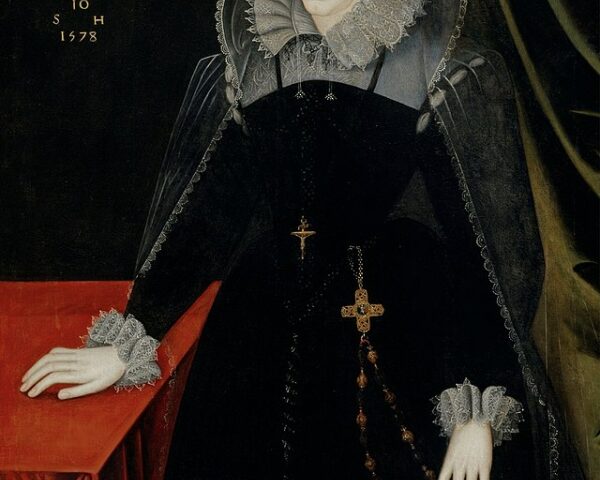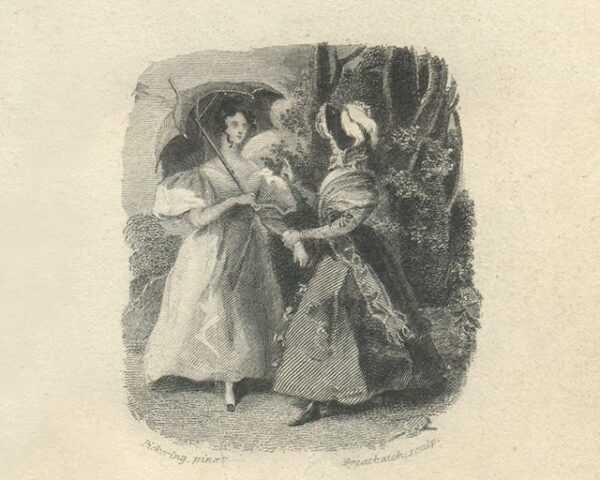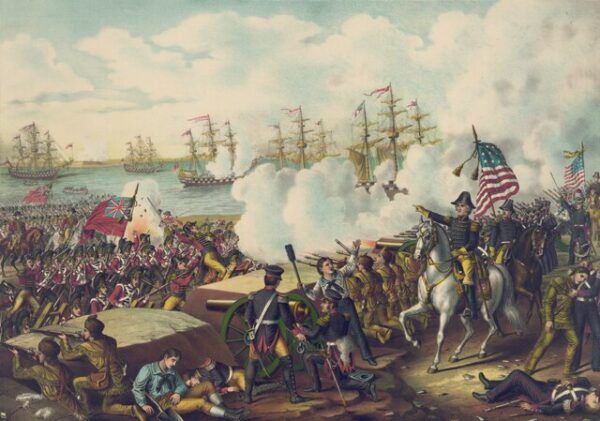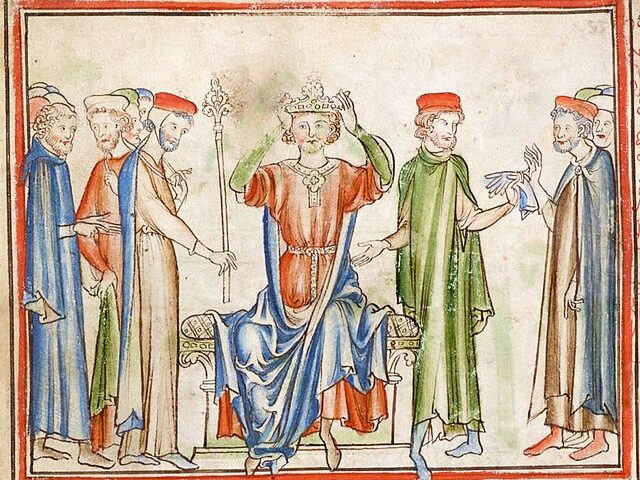The Mud March of February 9, 1907, was the first large-scale demonstration organized by the National Union of Women’s Suffrage Societies (NUWSS) and marked a crucial moment in the fight for women’s voting rights in Britain. While not the first suffrage protest, its unprecedented…
Read MoreOn February 8, 1601, one of the most striking political implosions of Elizabethan England played out in the streets of London. Robert Devereux, 2nd Earl of Essex, once the favored courtier of Queen Elizabeth I, launched a brief and badly miscalculated rebellion that collapsed…
Read MoreOn February 8, 1960, Queen Elizabeth II issued an Order-in-Council declaring that her direct descendants would bear the surname Mountbatten-Windsor, a decision that subtly but significantly altered the royal family’s naming conventions. This choice reflected both personal and political considerations as the Queen navigated…
Read MoreMary, Queen of Scots, faced a tumultuous fate that culminated in her execution on February 8, 1587. Mary’s life was marred by political intrigue and dynastic conflicts. Accused of plotting against her cousin, Queen Elizabeth I of England, Mary found herself entangled in a…
Read MoreFebruary 6, 1952, saw an unexpected historical moment. While Princess Elizabeth Alexandra Mary of England visited Kenya, news broke of the sudden and unexpected death of her father, King George VI. The young princess, thousands of miles away from home, instantly transformed into Queen…
Read MoreOn January 28, 1813, Jane Austen’s Pride and Prejudice hit book stores in England. The story centers around Elizabeth Bennet, one of five daughters in a genteel yet financially strained family. Against the backdrop of rigid social norms, the narrative delves into themes of social class,…
Read MoreHenry VIII, the notorious Tudor monarch of England, is often remembered for his tumultuous reign, marked by political intrigue, religious upheaval, and marital drama. But it was his love of sports that may have dramatically affected his reign. On January 24, 1536, during a…
Read MoreAmid one of the most catastrophic retreats in British military history, a single exhausted rider emerged from the mountain passes of eastern Afghanistan. Slumped in the saddle, wounded, frostbitten, and barely conscious, William Brydon, an assistant surgeon in the British East India Company Army,…
Read MoreThe Battle of New Orleans, fought on January 8, 1815, stands as one of the most remarkable and celebrated military victories in American history. Under the leadership of Major General Andrew Jackson, American forces delivered a decisive defeat to a larger, better-equipped British army.…
Read MoreOn January 6, 1066, England made a choice meant to preserve order—and in doing so set itself on the path to conquest. The day after the death of Edward the Confessor, the kingdom’s leading nobles and churchmen gathered in London for an emergency session…
Read More

